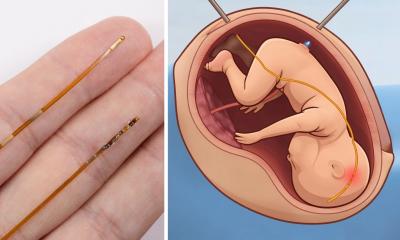Study examines
Link between quality improvement program and complications
David A. Etzioni, M.D., M.S.H.S., of Mayo Clinic Arizona, Phoenix, and colleagues compared rates of any complications, serious complications, and death during a hospitalization for elective general/vascular surgery at hospitals that did vs did not participate in the American College of Surgeons National Surgical Quality Improvement Program (ACS NSQIP).
Data from the University HealthSystem Consortium from January 2009 to July 2013 were used to identify elective hospitalizations representing a broad spectrum of elective general/vascular operations in the United States. The study group included 345,357 hospitalizations occurring in 113 different academic hospitals; 172,882 (50.1 percent) hospitalizations were in NSQIP hospitals. Hospitalized patients were predominantly female (62 percent), with an average age of 56 years. The types of procedures performed most commonly were hernia repairs (15.7 percent), bariatric (10.5 percent), mastectomy (9.7 percent), and cholecystectomy (9.0 percent).
Over the course of the study period, risk-adjusted rates of postoperative complications, serious complications, and mortality decreased for hospitalizations at both NSQIP and nonNSQIP hospitals. After accounting for patient risk, procedure type, underlying hospital performance, and temporal (transient) trends, the researchers found no significant differences over time between NSQIP and nonNSQIP hospitals in terms of likelihood of inpatient complications, serious complications, or risk of death.
The authors suggest that the "failure of this and other studies to demonstrate an association between outcomes-oriented reporting systems and improved surgical outcomes may be related to difficulties translating outcomes reports into evidence-based approaches to quality improvement."
"This study has implications for hospitals and health care systems considering the role of programs that monitor surgical outcomes. Among hospitals providing care to patients undergoing general and vascular surgical procedures, our findings suggest that a surgical outcomes reporting system does not provide a clear mechanism for quality improvement."
Source: Press release Mayo Clinic Arizona
06.02.2015











